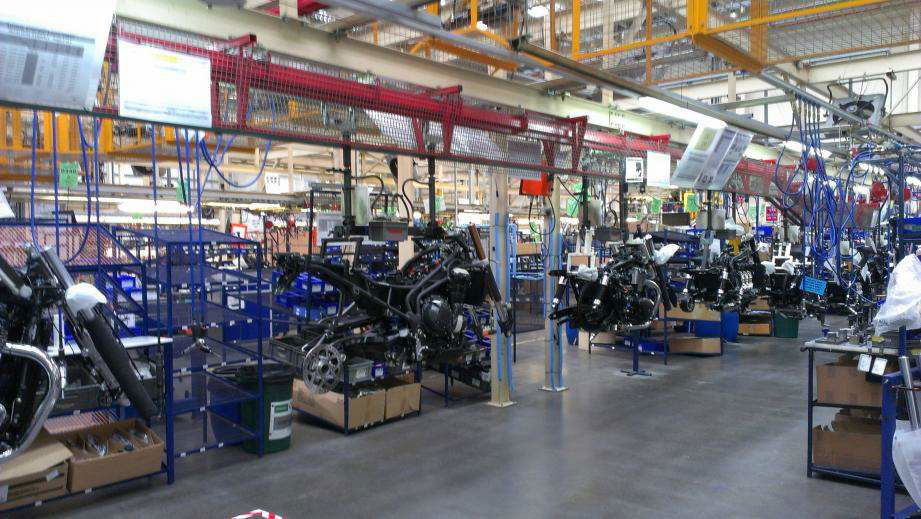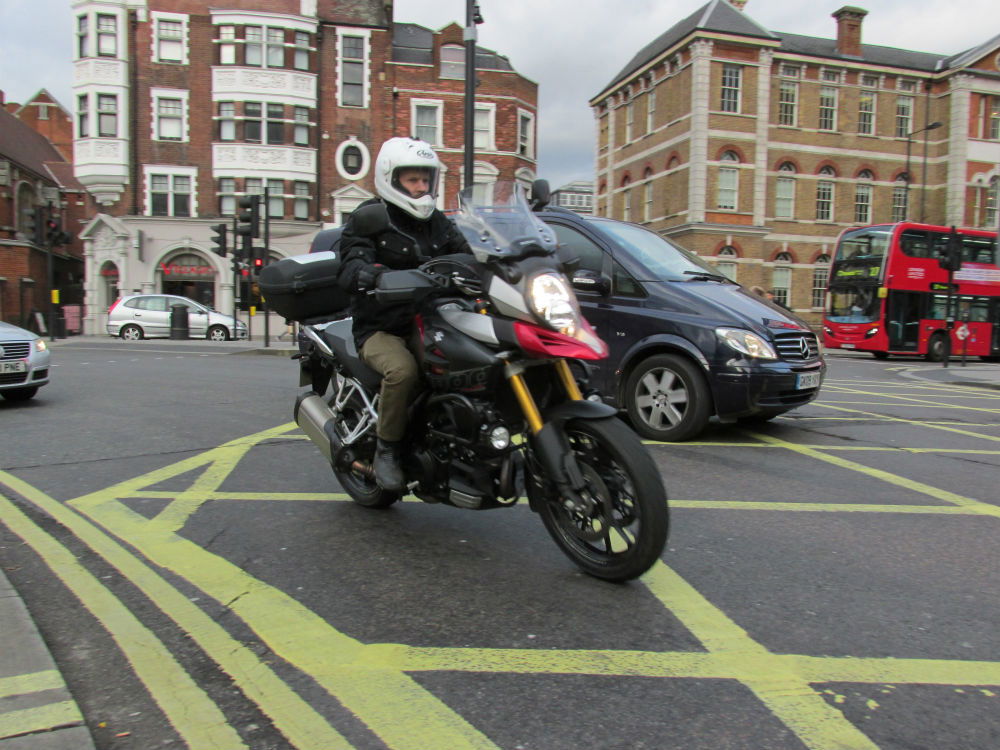Trump takes aim at motorcycle exports with 100% tariffs on UK goods
The US has launched a consultation process which lists motorcycles and motorcycle parts which could see tariffs of 100% placed in them

THE US government is holding a consultation that could see UK -made motorcycles and accessories for motorcycles loaded with a 100% tariff.
The consultation began on 26th June and is part of the USA’s action that originates from the Airbus and Boeing dispute and its subsequent retaliatory tariffs.
Indian FTR1200 first impressions
Previous to this consultation, motorcycles and motorcycle parts made in the UK and Europe were not listed, although they are now shown in an Annex to the document that includes hundreds of other products which could also see extra tariffs of up to 100%
The description that applies to bikes is noted under a section of the document that lists the products as ‘being considered for additional import duties’, going on to list all EU countries including England despite us leaving the EU. The reason British-built motorcycle products are still in the firing line is that the UK is an integral part of the Airbus Consortium through BAE Systems – Airbus is also jointly owned by Germany, France, Spain.
The exact listing that refers to bikes built in the UK reads:
‘Motorcycles (incl. mopeds) and cycles, fitted w/recip. Internal combustion piston engine w/capacity o/500 cc but n/o 700 cc’
While this section may not seem to be much trouble for the UK, as we currently have a handful of full-scale motorcycle manufacturers, although should the consultation be excepted, it could spell disaster for the UK’s burgeoning aftermarket parts and accessories industry.

What is the Airbus Boeing dispute?
The European Union and the United States have been at loggerheads for some time now, with the spat relating to subsidies in the aerospace industry.
The US opened proceedings by filing a case to the World Trade Organisation (WTO) in 2006 that alleged that the EU owned Airbus received $22 billion in illegal subsidies. The EU then counter-claimed that the US-owned Boeing had been handed $23 billion in ‘trade-distorting’ subsidies, most of which centred around its R&D projects.
From there, the tit-for-tat tariffs have continued, with neither side looking willing to back down. In June, Reuters reported that the US was open to negotiations on an "enforceable mechanism" that could allow Airbus to receive government funding on commercial terms and ease the risk of tit-for-tat sanctions.
_0.jpg?width=1600)

